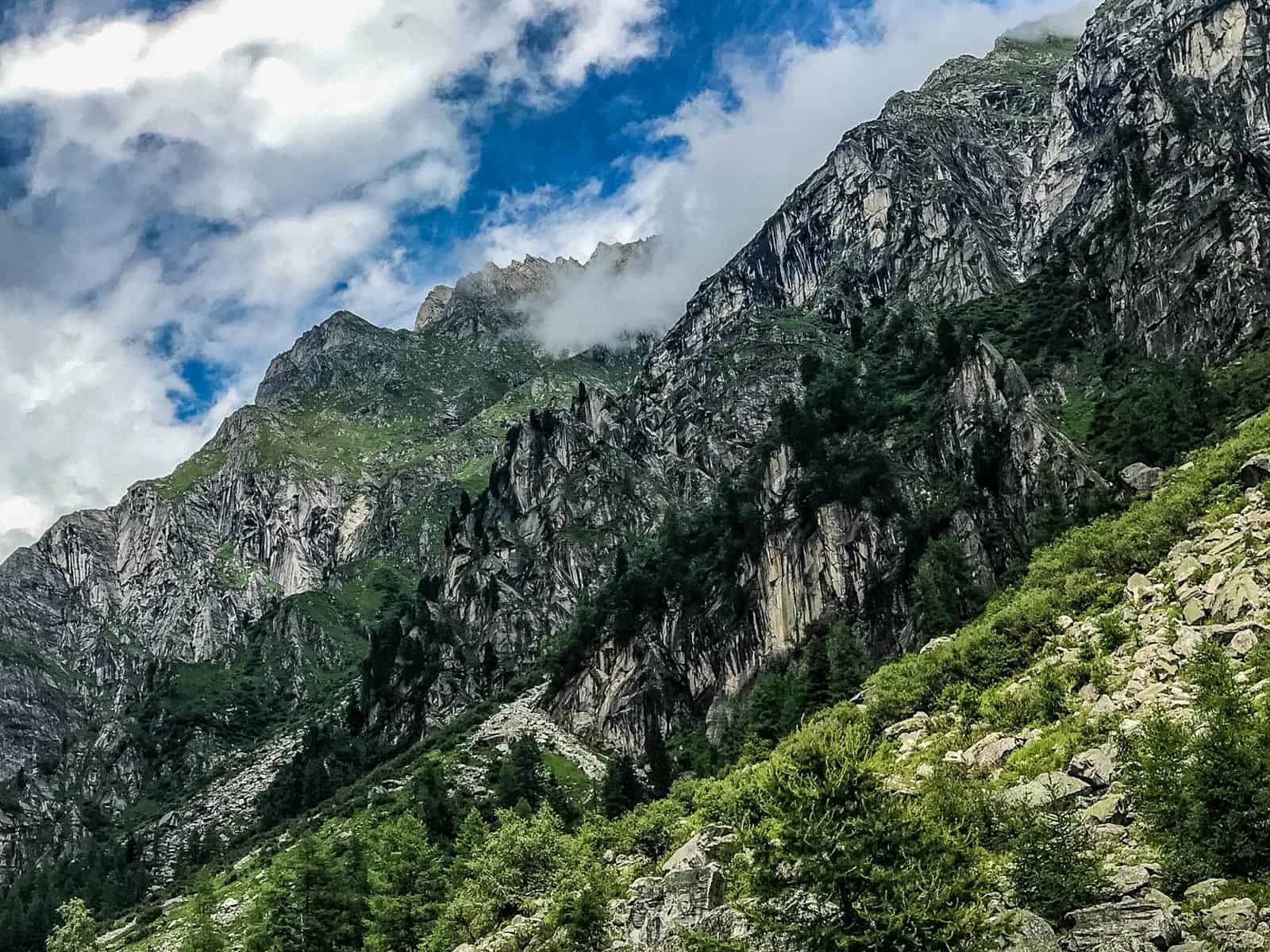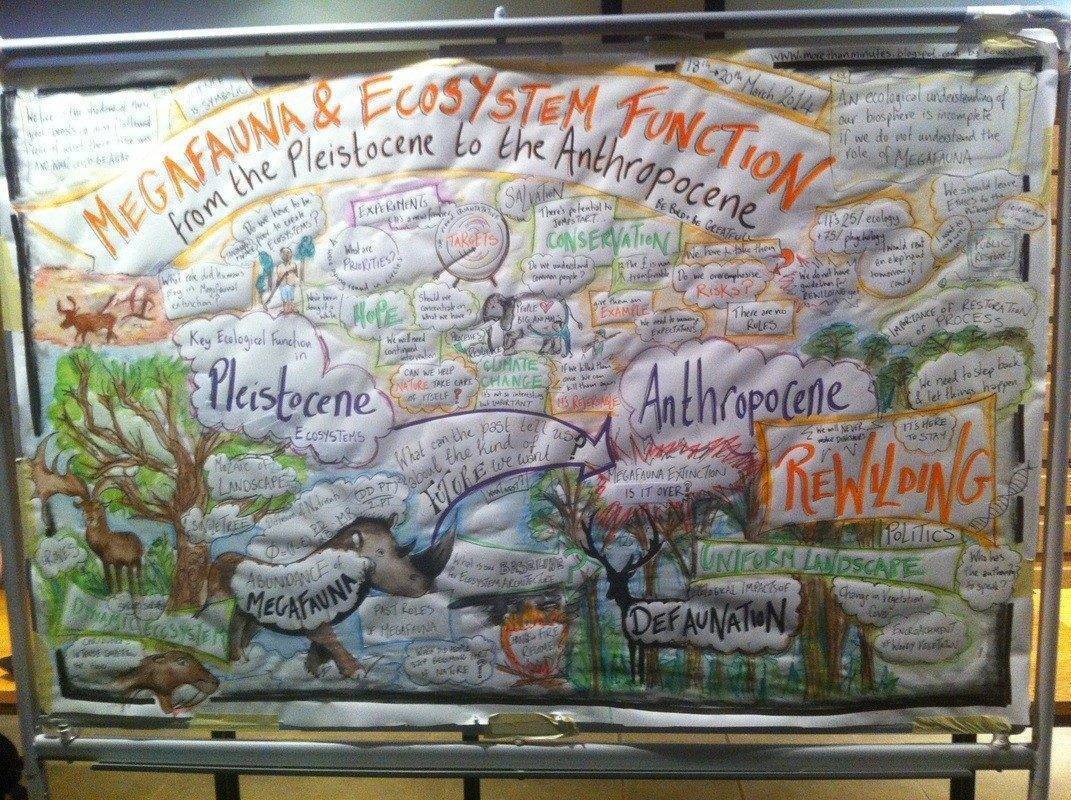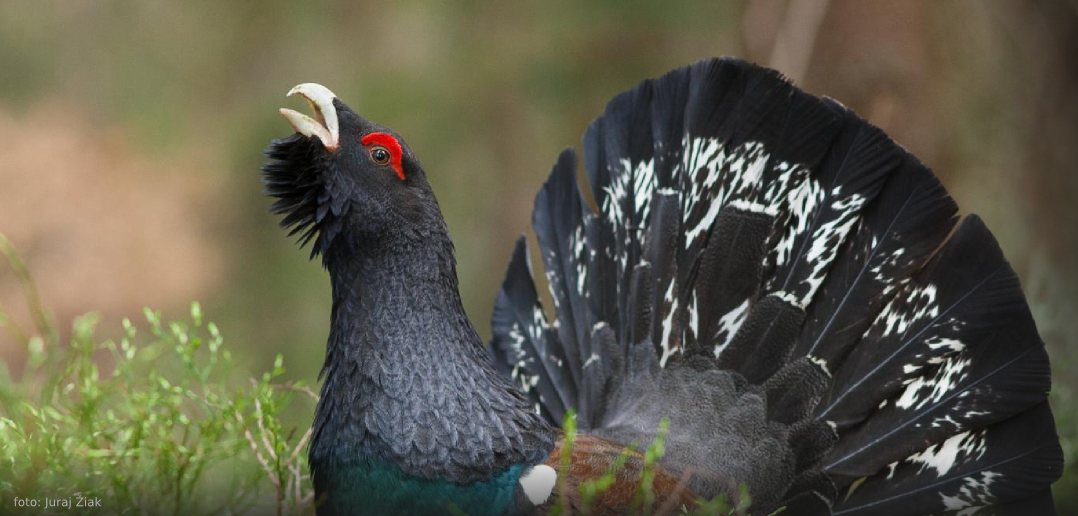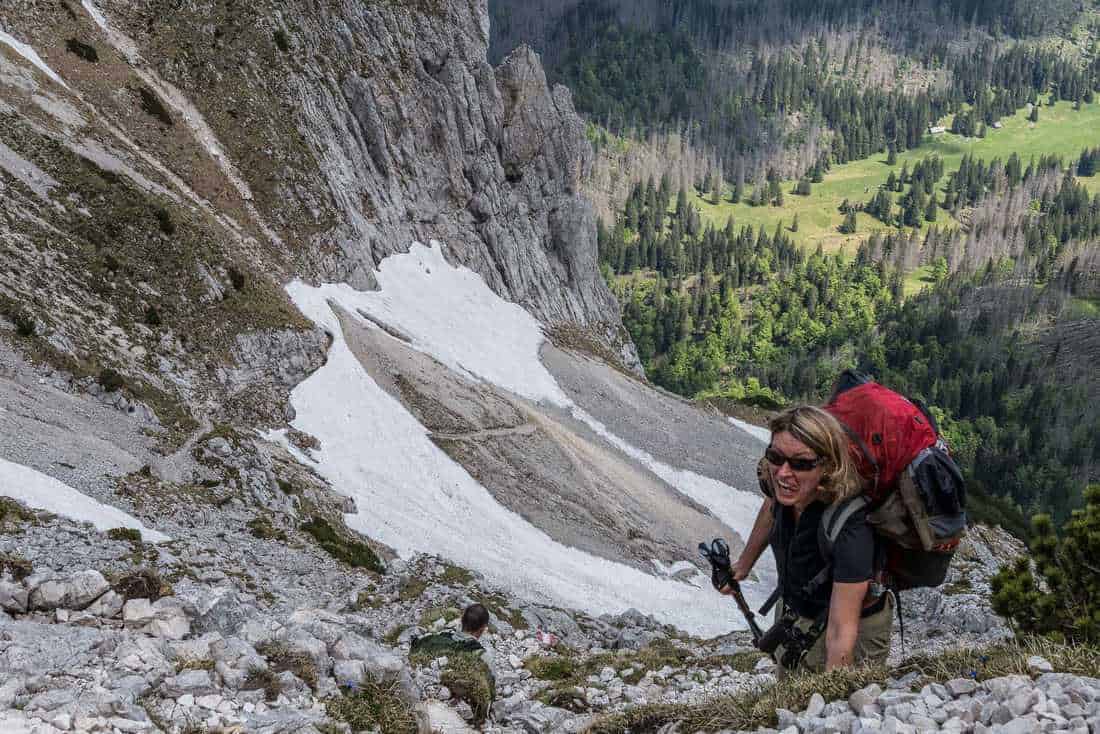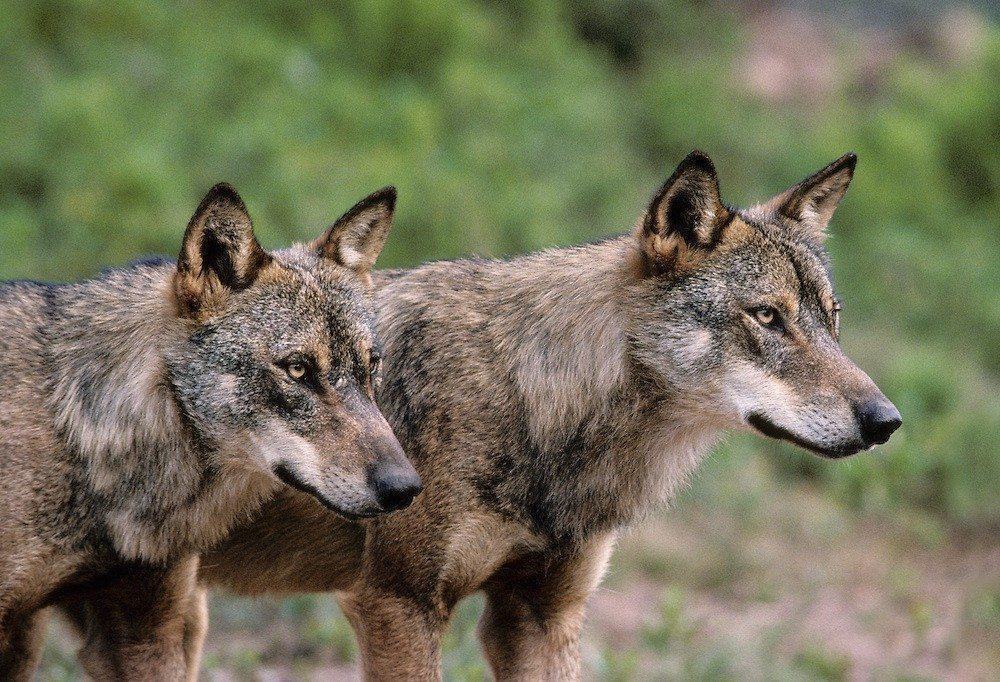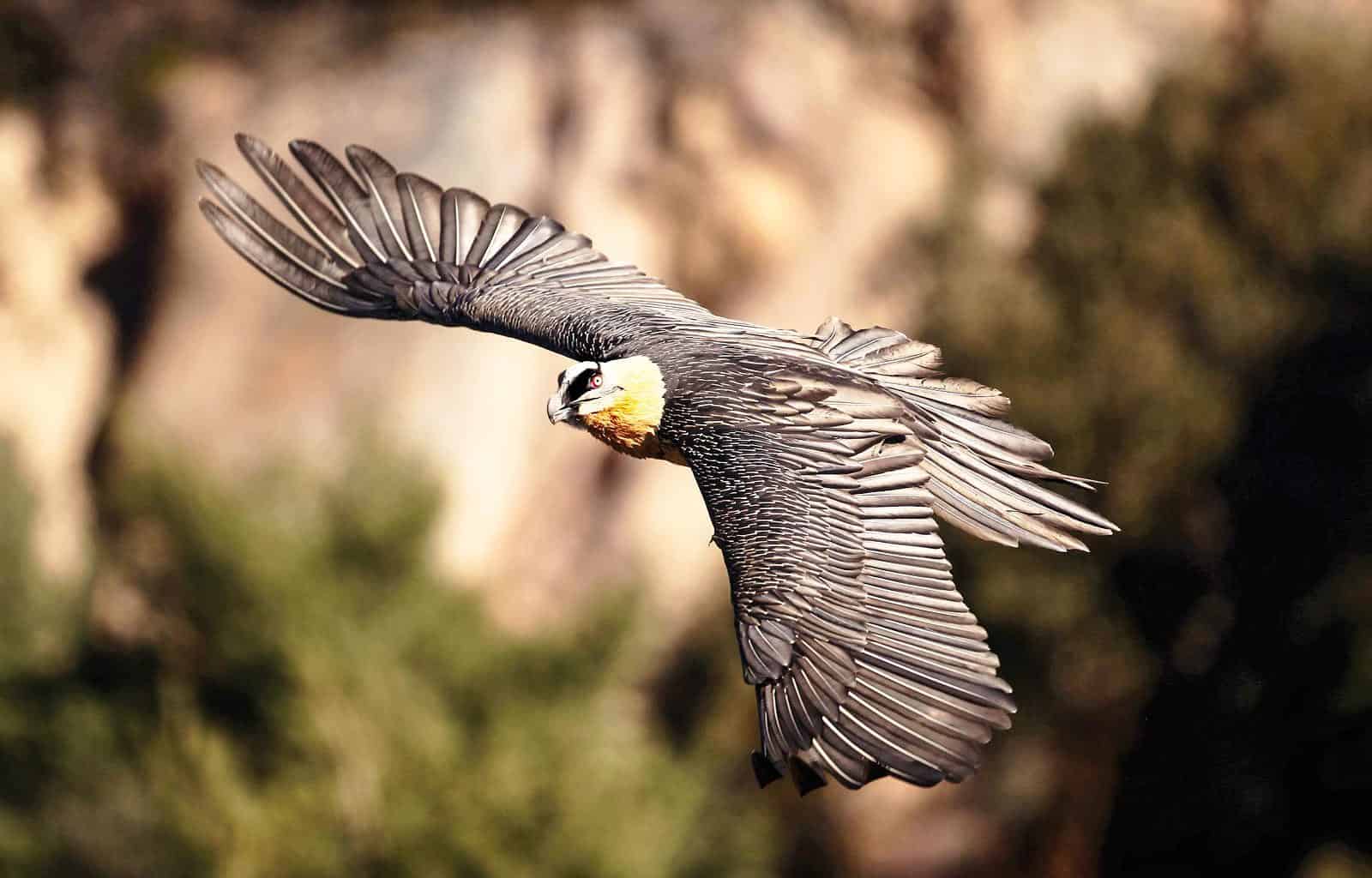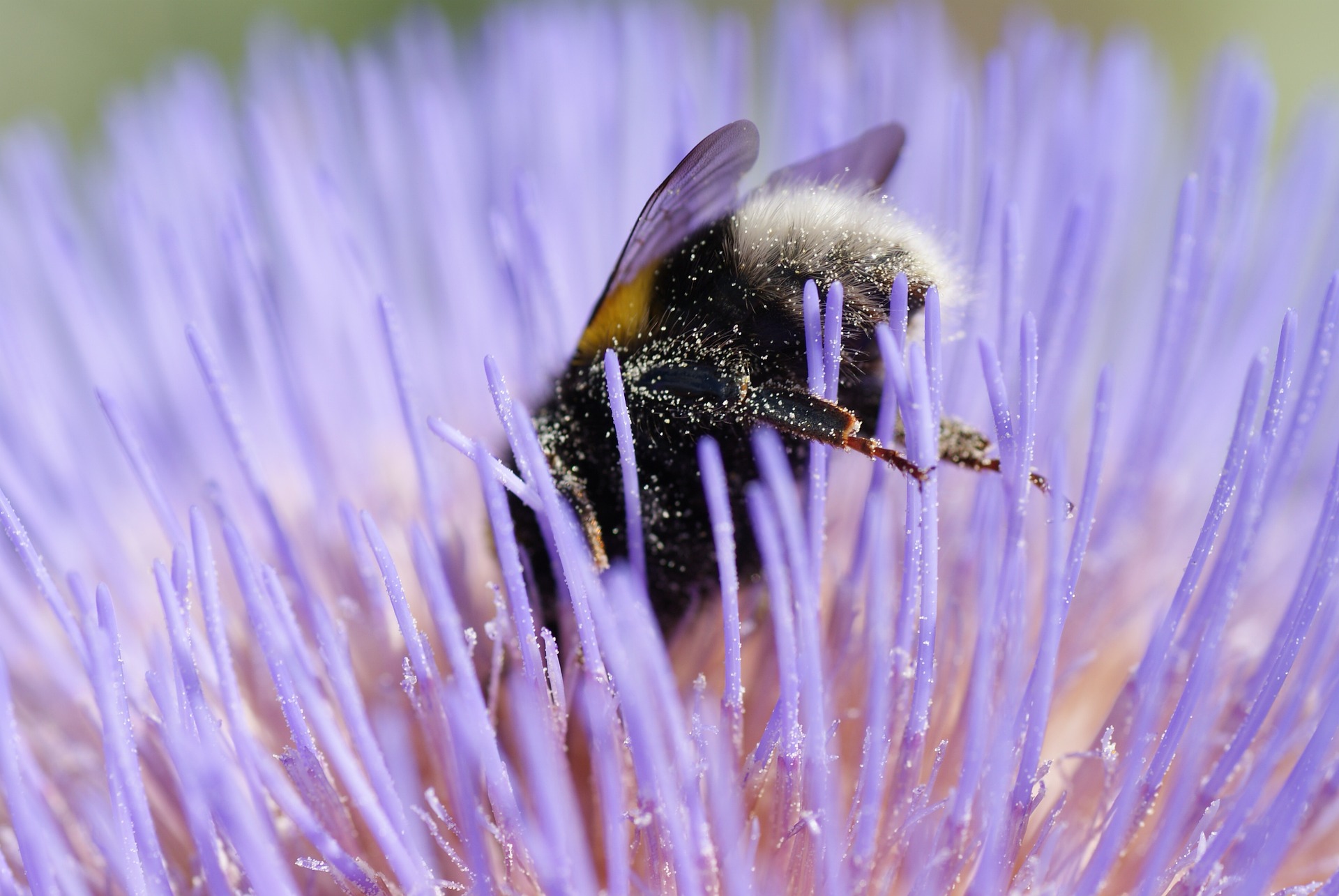Global homogenisation of biodiversity
A recent study examined how the biodiversity on the local scale is changing. They’ve come to a surprising result: on average, there is no change. This came as a surprise, considering that there is a lot of evidence that the global biodiversity is declining. One would naturally expect that global extinction of species would also result in fewer species locally, but this does not seem to be the case. Why so?
Please also read: Forests and Wilderness crucial in the climate change combat
What leads to homogenisation
While many species are disappearing, especially the endemic ones that have a very limited range, other species are greatly expanding their ranges. For example, invasive species are becoming increasingly problematic, as they are spreading around the world and driving local species to extinction. Rats, for instance, are one of the worst invasive species. When they were introduced especially to islands, such as Hawaii, they drove many bird species to extinction through predation. Yet, when looking at species richness of a certain site, their arrival still increases the biodiversity at that site.
However, the homogenisation does not occur just because of anthropogenically introduced invasive species, but also due to range shifts. As a response to climate change and human disturbance, more and more species are naturally expanding to new areas. However, most of these are generalists, meaning that they can survive in a wide range of conditions. Specialists, requiring a very narrow range of conditions, are in decline, though. Equally, as the climate gets warmer in the Alpine environments, the few cold-loving species disappear. At the same time, many species not adapted to very extreme conditions can expand their range to higher altitudes. Human distubance can also increase the number of species locally by creating more habitats. For example, by transforming forests into agricultural fields, there is a mosaic of habitats that attracts many species. However, if more than 50% of forest-covered area is lost to deforestation, species richness decreases again.
Rapid change in species composition
The study examined how the changes in species composition differ between marine and terrestrial environments. In ocean environments, the species composition is changing faster than in terrestrial, while on average, 28% of species in a biome change in a decade. This shows how rapid the changes in biodiversity are also on a local level. Marine species are generally more sensitive to increases in temperatures and there are fewer barriers to species dispersal. This leads to the rate of species replacement being double that of terrestrial systems.
An important conclusion of this research is also that it’s not just about species richness in an ecosystem that matters. If conservation solely focused on maximising species number at a certain site, then at many sites there would be no sign of biodiversity crisis. Yet, with an increase in invasives and generalists, the species that are arriving are of lower conservation value, as they are often generalist and invasive. Therefore, it is more important to focus on the biodiversity quality rather than just pure numbers.
With increasingly disturbed landscapes, Wilderness can provide the last resort to many specialist and rare species that cannot survive in modified environments. Therefore, regardless of the number of species in Wilderness, these ecosystems are likely of higher quality and contain species with a higher conservation value. In this way, Wilderness can be a resort against biodiversity homogenisation. Thus, protection of Wilderness, the main task of European Wilderness Society, is crucial for maintaining the natural dynamic processes, which will affect the species composition. While the protection of Wilderness does not protect species per se, many rare and threatened species also depend on the natural processes found in Wilderness. These species are often disappearing at a rapid pace in human-modified ecosystems where such natural processes have been lost.


